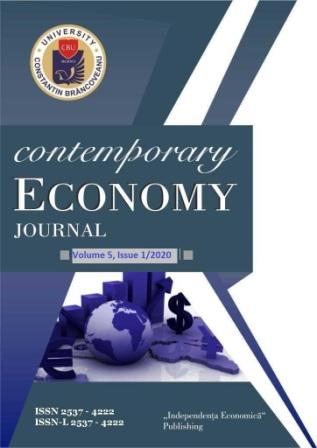ROLE OF GOVERNMENTS IN PROMOTING THE TRANSITION TO CIRCULAR ECONOMY
ROLE OF GOVERNMENTS IN PROMOTING THE TRANSITION TO CIRCULAR ECONOMY
Author(s): Victoria Iordachi, Rodica Perciun, Olga Timofei Subject(s): Agriculture, Economic policy, Human Ecology, Economic development, EU-Approach / EU-Accession / EU-Development
Published by: EDITURA INDEPENDENŢA ECONOMICĂ
Keywords: Circular Economy; sustainable economic growth; economic instruments; policy measures; sustainable development;
Summary/Abstract: The transition to a circular economy has gained a special attention, being on the agenda of public authorities, the business environment, research institutes and non-governmental organizations. Thus, it is expected to bring about significant opportunities in creating new, better-quality jobs and contributing to a more sustainable economic growth. The process of transition to a circular economy is closely related to the reconsideration of unsustainable consumption and production models in order to determine future development opportunities. In Europe, there has been a real interest of the state governments for the implementation of programs and legislation measures on the circular economy. Government actions play a crucial role in making a circular philosophy a reality. This article reviews the efforts of the initiatives of some EU states in modernizing and transforming the European economy, in order to make it move in a more sustainable direction. At the same time, state policies from the experience of advanced countries are described, which can serve as a good example for countries that want to promote the circular economy. The analysis of the Circular Economy practices has proved the limits of its implementation. As a result, it can be concluded that to date there is no government that developed a comprehensive approach to develop the transition plan to circular economy.
Journal: REVISTA ECONOMIA CONTEMPORANĂ
- Issue Year: 5/2020
- Issue No: 1
- Page Range: 55-66
- Page Count: 12
- Language: English

